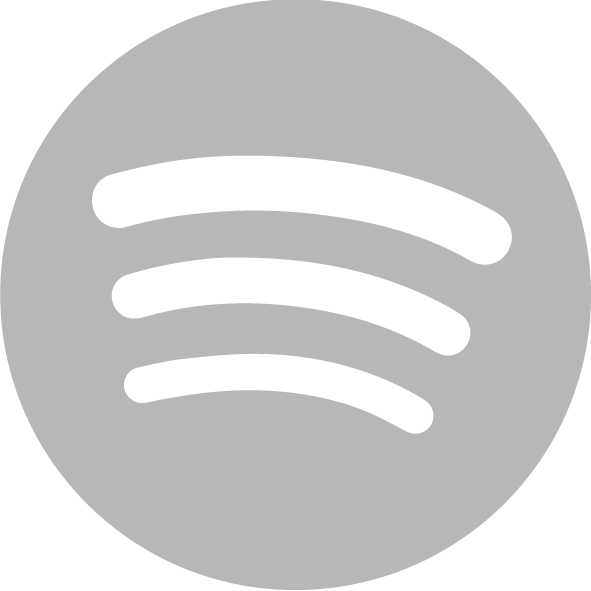Nuclear Medicine Department
Information for patients
Preparing and instructing the patient for the PET/CT scan of the trunk
Dear Sir or Madam!
The GP has made an appointment for a PET/CT scan. This examination requires a lot of preparation, so please read the following information and instructions carefully. The quality of the examination and thus the benefit for your diagnosis and possible further treatment depend on the preparation.
Basic information about the examination
PET/CT is a specialised so-called hybrid examination in which PET provides information about the function of tissues and almost simultaneously CT provides information about the structure of individual tissues or organs. PET = positron emission tomography, in which a radiopharmaceutical (18 F - FDG = fluoro-deoxy-glucose) is administered intravenously to the patient prior to the examination. Glucose labelled with radioactive fluorine is preferentially taken up by the body in cells with an increased need for energy, of which it is a source. The radioactive substance that is bound to glucose is then detected by the PET machine. The data obtained is converted into an image, so that deposits or areas in the body that have an increased need for energy (e.g. as a manifestation of inflammation, tumours...) can be accurately detected. By comparing the PET scan with an almost simultaneous CT scan (so-called PET/CT fusion), these lesions can then be located with complete precision. The combination of these two technologies is a major benefit of the examination.
Preparing the patient before the examination
* The referring physician completes a PET/CT scan request form with the patient in advancewhich must include the following: information about allergies, whether the patient is being treated for diabetes, including information about treatment, and whether the patient has a liver, kidney or thyroid disorder. Information on previous chemotherapy and radiotherapy or surgery, including the time interval between these treatments, must also be given. In the case of women, information on possible pregnancy and/or breastfeeding is important. If the patient suffers from claustrophobia (a morbid fear of enclosed spaces), this should not be forgotten. If the patient later remembers something after filling in the application form, it is possible to complete the information before the PET/CT examination by contacting the nuclear medicine department's records officer. Translated with DeepL.com (free version)
* The patient will be contacted by the PET/CT facility 1-2 days prior to the appointment to checkwhether the appointment is valid and the time of the examination will be specified. Therefore, the patient must always have his mobile phone on and carry it with him!
To ensure a sufficient yield of PET/CT, it is necessary to:
- Avoid heavy physical exertion 2 days before the examination (e.g. carrying loads, household cleaning, sports, gym, long walks, cycling, etc.) and on the day of the examination, physical exertion should be kept to a minimum.
- Eat only light and low-calorie meals 1 day before the examination (Especially avoid sweet and fatty foods. Beware - potatoes and pasta also contain sugars). We recommend eating only vegetables, lean meat, eggs.
- Fasting for at least 6 hours before the examination (candy, gum, lozenges, etc. are also prohibited).
- Drink sufficient fluids before the examination, we recommend drinking at least 1 litre of fluids during the 2 hours before the examination (drinks without caloric value are suitable - e.g. water, unsweetened tea. Sweetened drinks, milk, alcohol including beer - even non-alcoholic - are not suitable).
- It is important to be warm for at least 30-60 minutes before the examination (dress well in winter and don't use air conditioning in summer !). It is recommended to be in the nuclear medicine department half an hour before the scheduled examination to optimize your body temperature.
- In patients with diabetes, it is necessary to adjust the treatment scheme before the examination - for patients on diet only, the same preparation as for patients without diabetes applies for patients on PAD treatment (tablets), these drugs must be omitted on the day of the examination and usually 48 hours after the examination - as recommended by the referring physician! For example, the following drugs : Adimet, Avandamet, Competact, Diaphage, Ecureas, Glibomet, Glucophage, Glucovance, Glumestan, Janumet, Langerin, Metfirex, Metfogamma, Metformin, Normaglyc, Siofor, Stadamet, further preparation as for patients without diabetes.
-During insulin treatment, the patient does not eat or take insulin on the morning of the test. The morning dose of insulin is taken with breakfast to our ward and after the examination insulin is injected and breakfast is eaten. Otherwise, the preparation is the same as for patients without diabetes.
- If your doctor has referred you for a PET/CT scan for suspected infective endocarditis or sarcoidosis (especially to exclude cardiac involvement) a diet rich in fats (e.g. meat, meat broth, hard cheese, eggs...) with exclusion of sugars including polysaccharides (i.e. dumplings, bread, pasta, rice, potatoes...) must be followed 24-12 hours before the examination.
- Taking medication before the examination does not change, in addition to the aforementioned PAD in diabetics.
The process of examination
- Immediately before the examination each patient will first have their blood glucose level measured from a drop of blood taken from a finger puncture. If the value is not too high, the examination will begin (if the diabetic patient has a long-standing high glucose level, he/she must first be treated by a diabetologist, only after the glucose levels have been adjusted can the PET/CT examination proceed). On the day of the examination, an intravenous injection of radioactive glucose will first be given. After an interval of about one hour after the injection, the examination will begin. All metal accessories should be removed. In the supine position, the patient slowly passes through the ring of the device containing the detectors.
- The scan will take about 30 minutes and it is necessary to lie still during the entire examination.
- The results of the examination will be communicated to the patient by the doctor who referred the patient for the examination!
Practical recommendations:
- Please come to the nuclear medicine department with time to spare.
- Your entourage must not consist of pregnant women or children.
- Ensure adequate hydration before and after the examination (1 litre of fluid before the examination and 1 litre after the examination).
- Choose comfortable clothing for the examination, without metal parts (for women we recommend a bra without underwire and hooks).
- Bring clean water, snacks and any medication you are taking. You are likely to be in the nuclear medicine department for around three hours in total.
- Returning to work is not restricted (unless you work with pregnant women or children, in which case you will be confirmed at our department's records office
- Refrain from close contact with children and pregnant women for 12 hours after the PET/CT scan.
- Breastfeeding mothers should express milk for at least 12 hours after the PET/CT scan and, if possible, refrain from contact with the baby again for at least 12 hours.
- If you are travelling abroad immediately after the examination, please ask our reception for a "Radioactive Substance Administration" certificate to avoid any complications at the airport or border.
- If you arrive by ambulance, you must have a transport order with you for the return journey!
The radioactive substance for your examination is ordered in advance and the entire examination is costly. If you are unable to attend for serious reasons, please inform us as soon as possible at +420 567 157 742 so that we can notify a replacement patient and avoid financial loss.
Remember - keep your phone switched on and with you at all times for 2-3 days before your appointmentso that we can contact you if necessary (e.g. to confirm an appointment, reschedule an appointment, etc.).
If you need any additional information, please call us +420 567 157 742





